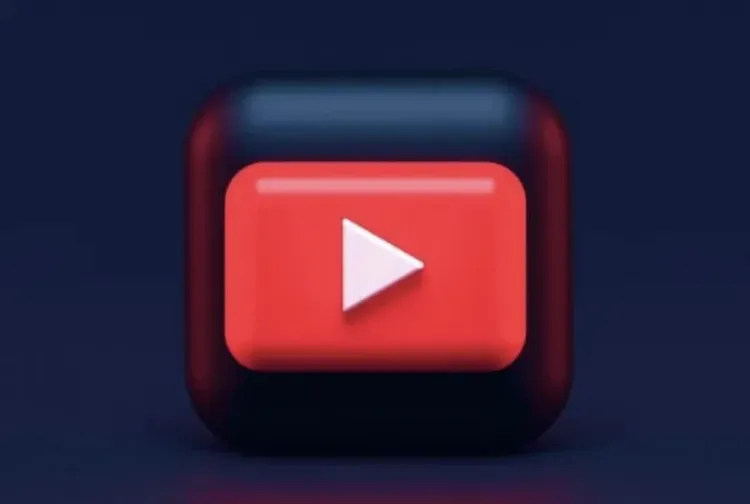On Monday, YouTube gained a small victory in the ongoing battle against Schneider’s infringement claims. Attorneys for Schneider had urged Judge Donato to let the case proceed as a class action, but Donato ruled, “Copyright claims are poor candidates for class-action treatment.”
In the long-running David vs. Goliath courtroom confrontation, Goliath scored another win. Federal Judge James Donato ruled in favor of YouTube, writing, “Every copyright claim turns upon facts which are particular to that single claim of infringement. Every copyright claim is also subject to defenses that require their own individualized inquiries.”
With a trial date set for June 12, attorneys for Schneider had urged the Judge to let the case proceed as a class action, claiming that the class would include at least 10,000 to 20,000 aggrieved copyright owners. “A class action is the superior method through which YouTube’s participation in, and facilitation of copyright infringement, can be held to account.”
But in Monday’s ruling, Judge Donato said the claims against YouTube would require “highly individualized inquiries into the merits,” adding, “Whether YouTube has a license for a particular work will be a matter of intense inquiry at trial. The answer to this inquiry will depend upon facts and circumstances unique to each work and copyright claimant.”
The now highly-publicized courtroom battle began in July 2020. Grammy-winning composer Maria Schneider had alleged — among other things — that YouTube had denied ‘ordinary’ copyright owners like her full access to Content ID, thereby exposing her works to repeat infringement.
Her lawsuit claimed that YouTube is a ‘known hotbed of copyright piracy,’ and even though it has developed a premier anti-piracy tool, Content ID, the platform denies copyright owners ‘without economic clout’ access to it.
YouTube denied any wrongdoing, claiming it spent ‘over $100 million to pioneer industry-leading copyright management tools’ to prevent piracy. The video-sharing platform argued that access to Content ID is limited because these tools could cause ‘serious harm’ in the wrong hands.
As long as content is being monetized properly, the battle for users is less relevant to artists. On that front, companies like Identifyy (owned by HAAWK) are focused on assisting creators to match and monetize their content across Facebook, Instagram, and YouTube using Content ID, regardless of the specific sub-platform.
The last biggest development in the case occurred in January when Youtube won partial summary judgment against Maria Schneider for 27 of the works that Schneider originally claimed had been infringed upon, citing a lack of evidence.
Although Monday’s order doesn’t conclude the proceedings, the ruling is another twist that tilts the courtroom drama in favor of YouTube. The case will now proceed to trial solely based on copyrights owned by Schneider and two other plaintiffs (Uniglobe Entertainment and AST Publishing). The trial date is set for June 12.

